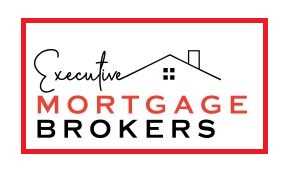
While fixed-rate loans are one of the most popular choices for mortgage loans, there is another choice: the adjustable-rate mortgage or ARM loan. If you’ve ever wondered what an ARM loan is or why anyone would want one, here is what you need to know:
ARMs Defined
An adjustable-rate mortgage is a type of home loan with a short fixed-rate period, after which the interest rate is allowed to adjust periodically based on certain market indexes.
How an ARM Works
An ARM loan comes with an initial low-rate period of anywhere from one to ten years. During that time, your interest rate will be fixed and the monthly payments will all be the same. When that teaser rate period is up, the interest rate will track a specific index, like the Cost of Funds Index or the London Interbank Offered Rate (LIBOR.) There are rate caps set to limit how much your interest rate can rise in a given period. For example, the initial adjustment cap limits how much your rate can increase for the first time, usually between 2%-5%. There are also periodic caps that limit how much your rate can change from year to year and lifetime caps that keep your rate from climbing past a top threshold over the life of the loan. And finally, there can be payment caps that keep your payment from rising above a certain dollar amount each month.
ARM Benefits
- ARM loans are typically cheaper than fixed-rate loans during the initial period. If you are only planning to be in a home for a few years, you could get an ARM that has an interest rate below the average fixed-rate and sell before your loan rate starts adjusting. This could save you hundreds or thousands of dollars during those years.
- ARMs allow borrowers to qualify for higher loan limits. Because the interest rate is lower than with a fixed-rate home loan, borrowers’ income-to-loan ratio will be better. This can be especially helpful to first-time buyers.
- Borrowers can enjoy the benefits of a low-interest rate climate without having to refinance. If rates move downward, so will their mortgage rate.
ARM Drawbacks
- After the initial period ends, the interest rate can increase your monthly payment significantly. If you haven’t budgeted for such changes, you could be in financial trouble.
- Some ARMs have prepayment penalties attached. If you sell or refinance too soon, after the loan is made, you could face a large fee.
- ARM loans and their rules and terms can be complicated. It is important to understand all arts of your loan before you sign on the dotted line.
- You may not be able to sell or refinance when you want. If the housing market slumps or interest rates jump, you may get stuck with an ARM loan longer than you intended.
While there are some reasons to be cautious, when well-understood adjustable rate mortgages can provide some borrowers with the specialized loan fit they need.

